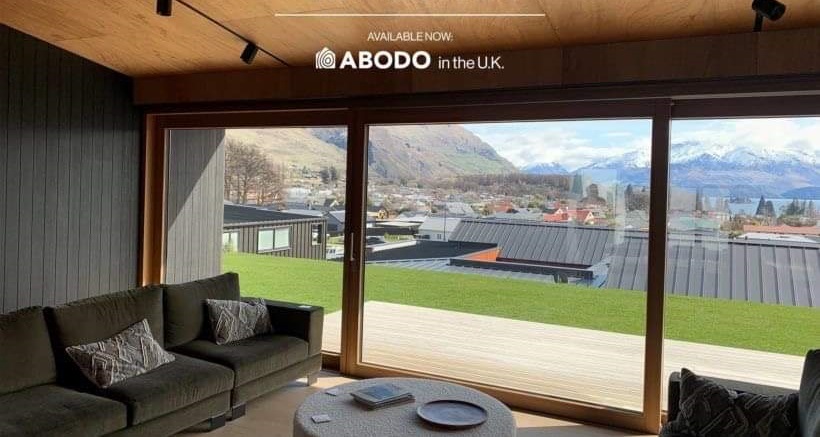Alternatives to Accoya for Windows & Doors

Accoya wood is renowned for its exceptional qualities in the realm of timber windows and doors. However, its high cost can deter some individuals and projects from utilizing it. In recent years, an alternative known as Abodo wood has emerged as a compelling substitute. This article delves into the features and benefits of Abodo wood as a viable alternative to Accoya wood. Both originating from radiata Pine trees grown in New Zealand's plantations, these woods share some similarities while offering distinct characteristics and advantages.
- Similar Origins, Different Competition: Accoya and Abodo wood both start as radiata Pine trees cultivated in New Zealand. However, Accoya has enjoyed limited competition in the market until the emergence of Abodo wood as a strong alternative.
- Class 1 Durability: Both Accoya and Abodo wood are classified as Class 1 for durability. This categorization indicates their ability to resist decay and endure over time, making them ideal for windows and doors.
- Durability Comparison: While Abodo wood exhibits remarkable durability, it is likely that Accoya still possesses a slight edge in this regard. Accoya's renowned reputation stems from its enhanced durability compared to other timbers. However, Abodo wood surpasses other popular options like Sapele, Idigbo, and Softwood.
- Thermal Treatment for Enhanced Durability: One of the reasons behind Abodo wood's durability is its thermal treatment process. By subjecting the wood to heat and steam, its durability and resistance to decay are significantly enhanced. This treatment ensures that windows and doors made from Abodo wood have a prolonged lifespan.
- Dimensional Stability: Abodo wood excels in dimensional stability, exhibiting minimal movement and warping. This characteristic is crucial in maintaining the structural integrity of windows and doors over time. Unlike Accoya, which recommends stainless steel or solid brass fixings, Abodo wood offers more flexibility in terms of fixings, potentially reducing overall project costs.
- Affordability: While Accoya wood's high cost often poses a challenge for some projects, Abodo wood provides a more cost-effective alternative. Although it may be slightly more expensive than other timbers, its durability, performance, and aesthetic qualities justify the investment.
- Aesthetic Appeal: Abodo wood boasts a rich, warm color that adds a distinct character to timber windows and doors. Its natural hue complements stained finishes exceptionally well. Many individuals prefer the appearance of Abodo wood when stained compared to Accoya, making it an attractive choice for those seeking specific aesthetics for their projects.
- Lower Maintenance Requirements: Similar to Accoya, Abodo wood requires less maintenance. Both woods are very stable, reducing the risk of swelling and failure of coatings. This quality ensures that Abodo wood windows and doors remain functional and visually appealing with minimal effort.
Conclusion: As a substitute for the expensive Accoya wood, Abodo wood has emerged as a viable alternative for crafting timber windows and doors. Both woods start from the same radiata Pine tree, with Accoya being renowned for its durability and performance. Abodo wood, however, offers Class 1 durability, comparable to Accoya, and surpasses other popular timber options. Its thermal treatment process enhances its durability, while its dimensional stability and flexibility in fixings provide added advantages. With its attractive natural color and compatibility with stained finishes, Abodo wood presents a visually pleasing choice. Ultimately, the decision between Accoya and Abodo wood depends on specific project requirements, budget considerations, and aesthetic preferences, but Abodo wood stands as a reliable and cost-effective alternative.
For specifiers and professionals please refer to https://www.accoya.com/uk/ and https://www.abodowood.co.uk/
